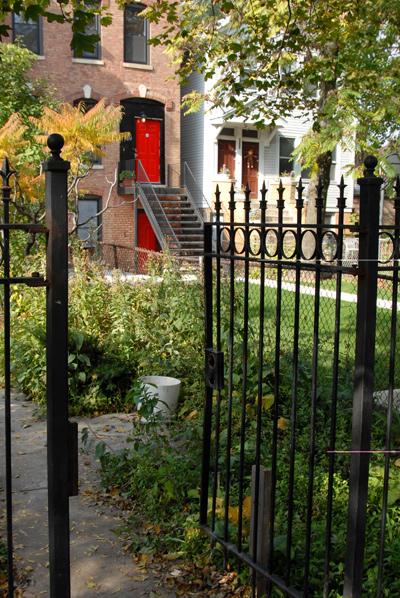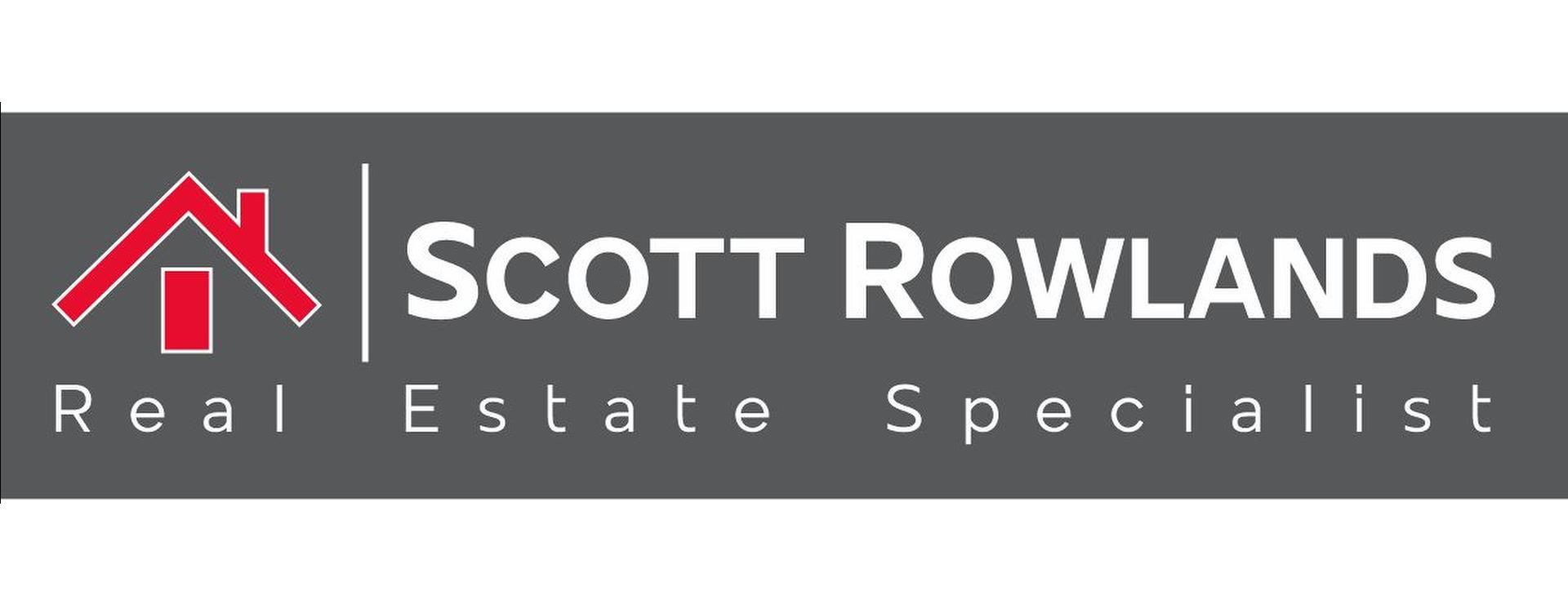
BUYING A HOME IN PENTICTON
Let Scott Rowlands help you every step of the way. When buying a house in Penticton, you are faced with a multitude of decisions! The primary one is whether you are actually prepared to purchase a home. Locating the perfect home in Penticton is not always an easy task, and obtaining a mortgage loan can be a complex and tiring process. Although, once you have determined that you are ready to move forward with the required effort towards your home-purchasing goal, the rewards are unquestionable.
While at your side each step of the way, Scott will make the process of purchasing a home in Penticton easier, more enjoyable, less time-consuming, and less expensive than if you undertook this challenge on your own. Scott will help you prepare so that sellers perceive you as a preferred buyer, help you locate and assess properties for sale that match your specifications, and help you through numerous details involving the actual purchase of a house in Penticton.
As an experienced Penticton Realtor, Scott is on top current homes for sale in the market, and he knows Penticton neighborhoods values well, so he can help you determine which properties are fairly-priced and in good condition before you start your search.
YOUR FIRST STEP TO BUYING A HOME IN PENTICTON
Your first step to buying a home is to first ask yourself why you want to buy a home: to stop paying rent? To start building equity? To have a place of your own? To raise a family? To entertain business associates? To move up to a bigger house? Next, list what kind of home you'd like and where you would like to be. Be specific. Separate the "must haves" from the "want to haves."
Think of yourself as zeroing in on a target, going from the general to the specific. Consider area (city, suburban neighborhood, country); community (north, south, east, or west side); neighborhood (older and settled or sparkling new; a particular school zone; recreational facilities; and other community services such as transportation, day care, library, stores, entertainment).
Think about home styles. How much space do you need? Does your situation require a one-level home, or are stairs acceptable? Consider size and kind of property. Do you want a newer home, or maybe an older one to fix up? Someday you or your heirs will want to sell. Consider how long you expect to live in this particular home.
YOUR NEXT STEP: LOAN PRE-QUALIFICATION
Once you have addressed the above needs, your next step in the purchasing process is to get pre-qualified with a mortgage company. This can be done over the phone or even online in a matter of minutes.
Scott can help you with his extensive network of mortgage professionals he works with and trusts - those who have an excellent reputation and track record for successfully acquiring loan approval for his/her clients in Penticton.
SCOTT WILL FIND THE RIGHT HOMES IN PENTICTON FOR YOU
Once you've been pre-qualified and know what price range you want to stay in, Scott will help you determine which properties fit your needs by using the (MLS) Multiple Listing Service system to locate them.
He has the best possible resources and communication systems available today to help you locate the homes on the market that match your specifications. You can even search Scott's and other Penticton house listings.
SCOTT WILL HELP YOU EVERY STEP OF THE WAY
Scott will help you complete your financing and inspections, and close on the transaction. His top priority is to make sure that your home buying experience is pleasant, cost-efficient, and successful.
Some important things to consider.
What does the area look like? Do homes look cared for? Even in moderately-priced areas, pride of ownership helps keep property values up. Keep an eye out for signs of neglect like overgrown laws, houses in need of paint and vacant lots (which can be zoned for commercial use, or end up getting used as dumps). On the other hand, if an area has a lot of neglected-looking homes but you notice that a number look like they’ve been recently renovated, that may be a sign that the neighborhood is becoming gentrified; buying a home there and fixing it up can be a good long-term investment.
What types of people live there? Families? Retirees? First-time homeowners? Professionals with no kids? An area populated mainly by young families, for example, will feel very different from one with lots of college and university students.
How convenient is it? Figure out how far you’ll have to travel to do everyday stuff like grocery shopping. Where’s the closest gym? Dry cleaner? Post office? What about parks and recreational facilities? Being close to amenities isn’t important to everyone, but it’s a real day-to-day time saver, and can make the difference in the feel of a neighborhood; a place where people walk to the store and the library has a very different flavor than an area where people have to drive everywhere they need to go.
Is it a safe place to live? Vandalism and deterrents like “Beware of dog” signs or bars on windows can mean there’s a high crime rate in the area. Keep an eye out for graffiti, too – it could be a sign of gang activity. Check with local police for info about crimes in the area; they’ll also be able to tell you about how active area residents are in terms of crime prevention and community policing.
Are there schools nearby? If you have kids, proximity and quality of schools is a major consideration. Talk with people who live in the area, and call local schools or check online to get test scores and ratings. Figure out exactly where schools are located to see if your kids can walk or if they’ll have to be driven or bussed.
How long will it take to get to work? Do a dry run of your commute in rush hour. Figure out how often buses run past your house or how far you are from a major highway. If you need access to the airport, is it easy to get there by car, bus or taxi?
What are the property values like? Your home is an investment, so it pays to buy in an area where properties will increase in value. Ask your REALTOR® for info on property values in the area for the last 10 years so you can get a sense of how much they have gone up over time.
What’s in store for the area? Development can change the personality of a neighborhood, and increase taxes and traffic. Look for new construction in the area and check with city hall or the local chamber of commerce for planned housing developments, new facilities, new retailers, etc.
Is it quiet or noisy? Visit the area at different times of day to get a sense of the noise level. A quiet street may be party central once the sun goes down, and an area near a highway may be fine at most times, but noisy at rush hour. Listen for barking dogs, traffic noise, overhead planes, and loud music.
Finding a neighborhood you like is just as important as living in a home you love. Good neighbors, great amenities, nice schools and cool shops can make or break how you feel about your house or condo. So talk to a REALTOR® who specializes in the area you’re interested in, do your research, and you should be able to find a community that fits your needs and your lifestyle.
Trademarks owned or controlled by The Canadian Real Estate Association. Used under licence.


